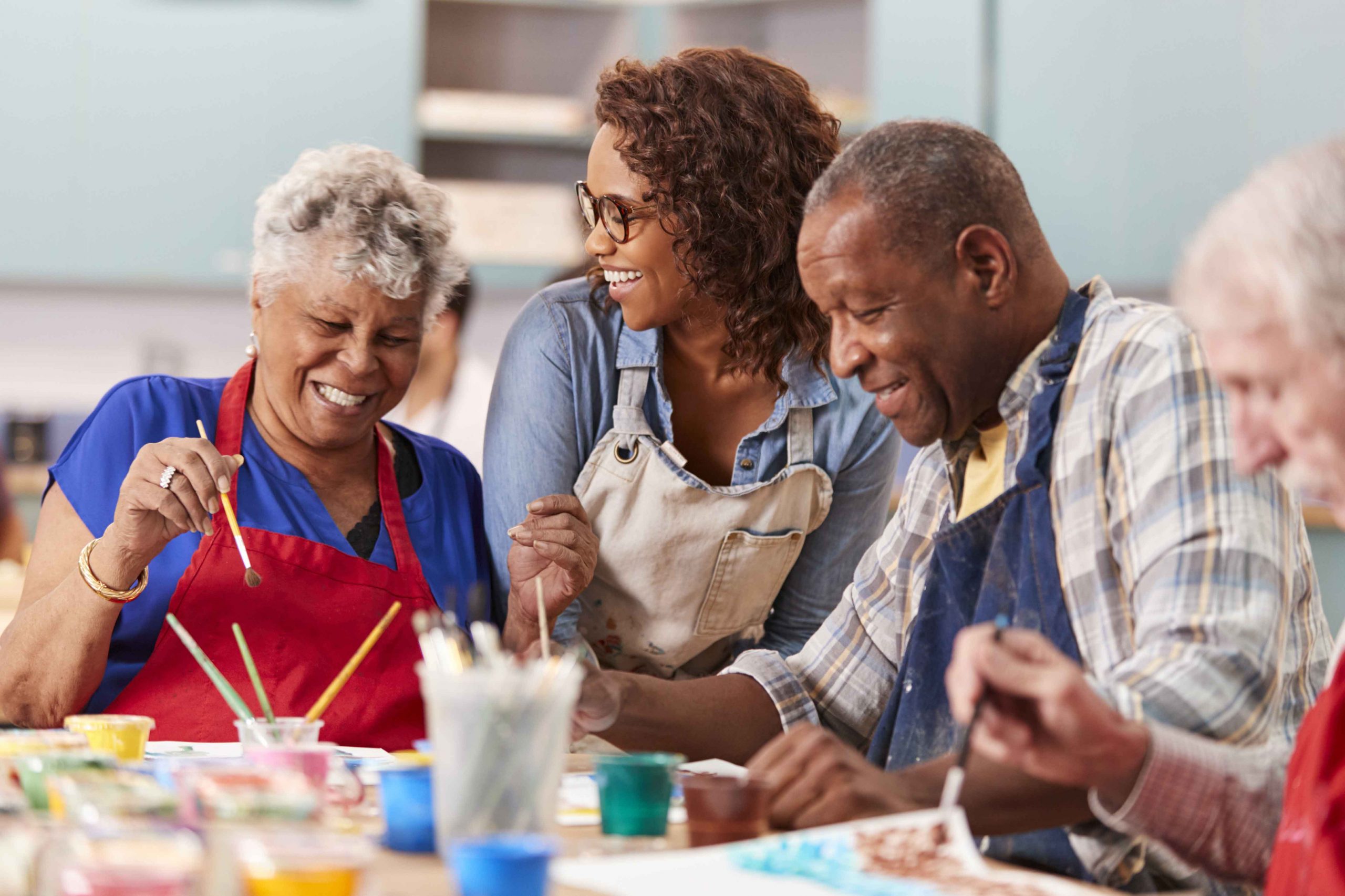kwetu
COMMUNITY
SUPPORT
Support
We offer support in different aspects of life.

Parenting
As a parent, you want your child to be able to develop safely and healthily. But parenting is not always easy. Sometimes you, as a parent cannot work it out on your own. For example, your child has problems in (social) development, emotional or behavior problems. You may need to seek the help of a specialist, but you don’t know exactly how to go about it.
At Kwetu, we think together with our community about how to get the right help. We do not only support the parents and the child in their home situation but also involve the social network such as the school and/or other institutions involved with children’s support.

Legal desk
Kwetu through its partners facilitates our community with their asylum and immigration procedures and we work with recognised experts in this field. We put the person at the center of our work. Understanding that procedures can be long and with the uncertainty character, can be traumatizing.
That is why we ensure that we work together with different sectors and stakeholders to ease the pressures on the individuals.
Kwetu equally facilitates our community members in different legal issues that might occur such as related to contract, childcare support, divorce, contracts or taxes among others.
Many refugees and/or migrants have found themselves in legal challenges because of not accessing the right information or wrongly accused. To find the right support can be challenging. That is why we support not only through guidance but training and tips that prevent migrants to find themselves in legal entanglement.
Aside from refugees and migrants, our support is also extended to “undocumented” migrants as we believe that even an information, a listening ear or guidance can help further someone

Health desk
In the Netherlands, care and other forms of help are demand-oriented. Many refugees and migrants, especially women, are not used to asking for help. In addition, information about diseases and the care and welfare offer is is already a challenge for people who have grown up with the Dutch language. This makes it very difficult for migrant to know where or what to ask if you don’t know what is needed or what is available?
If care providers do not receive the right support and the right (further) training; if care institutions and organizations do not have a clear and strong policy for the organization of culture-sensitive care; if policymakers do not turn a widely supported wish into a concrete action point, truly person-centred care remains an illusion. Especially when it comes to the growing group of refugees/migrants in need of care.
In this section Kwetu offers training and facilitates women wishing to work within the Health sector

SGBV
Sexual and gender-based violence (SGBV) refers to any act that is perpetrated against a person’s will and is based on gender norms and unequal power relationships. It includes physical, emotional or psychological and sexual violence and denial of resources or access to services. Violence includes threats of violence and coercion. SGBV inflicts harm on women, girls, men and boys and is a severe violation of several human rights.
At Kwetu, a special attention is to facilitate access to support and creating a safe space for our community members

Education desk
Children and Youth with a migration background often find it difficult to find their place in the learning environment that is new to them. Those in education can benefit from advice and tips on how to address learning needs in increasingly diverse and multilingual classes.
Kwetu wishes to join efforts to integrate migrants into education, from the reception of the youngest to higher education. Our actions are among others:
– follow up on integration into regular education as soon as possible
– follow up on progress and educational achievement among migrants
– prevent social exclusion and promote intercultural dialogue
Special attention is to follow up children with special need and for which parents are not familiar with the education system

Entrepreneurship
In many countries, refugees and migrants are more likely to be entrepreneurial than natives. they are also, more likely to be self-employed than natives.
The advantage that we see at Kwetu is that refugees and migrants’ women are more into “creating” their own jobs, providing goods and services that might not exist or be limited in their community. They may also generate employment. Refugees and Migrants women can facilitate in promoting trade and investment with their country of origin.
At Kwetu, we give the opportunity to refugees and migrants women to improve their talents, strengthen their existing activities or start their own business. The training and coaching provide them with the much-needed tools (space, network, access to finance among others) in an environment that is both safe and learning by doing.

50 Plus
At Kwetu, we understand the importance of dedicating special attention for women in their 50 and older by creating and advancing effective solutions that help them secure the needs.
Kwetu we understand that it is particularly challenging for refugees/migrants relocating in a new environment as older adult or becoming older without a community you can relate to can be challenging and devastating . Adapting brings a feeling of hopeless and feeling unsafe.
We’re facilitating senior to address health, poverty, isolation, connectiveness, by bold and innovative solutions that help vulnerable older adults build economic opportunity and social connectedness — fostering resilience, strengthening communities and restoring hope.

Undocumented migrants
Based on recent researches conducted by the government of The Netherlands, it estimates the actual number of illegal migrants to be somewhere between 23,000 and 58,000. Part of this group of migrants are ex-asylum seekers, who have not returned to their country of origin.
Access to any kind support of support is limited. Since 1998, migrants without a right of residence no longer have access to public services, such as banks, rented accommodation or educational programs.
Their situation, especially (mental)health is for most of them extremely critical. Undocumented are entitled to medically care according to the law only if they pay for it. With no means of income or support, affording health care services is often impossible. The government of the Netherlands has created a special fund, the Koppelings-fonds, for the treatment of undocumented migrants. The fund only compensates the costs of primary health care.
At Kwetu, we join others existing mechanisms to support undocumented migrants by providing a safe space to access information and guidance to possible providers such as through Dokters van de Wereld among others. Our special attention goes to women and girls (children) as the most vulnerable to Sexual and Gender Based Violence and Human Trafficking.